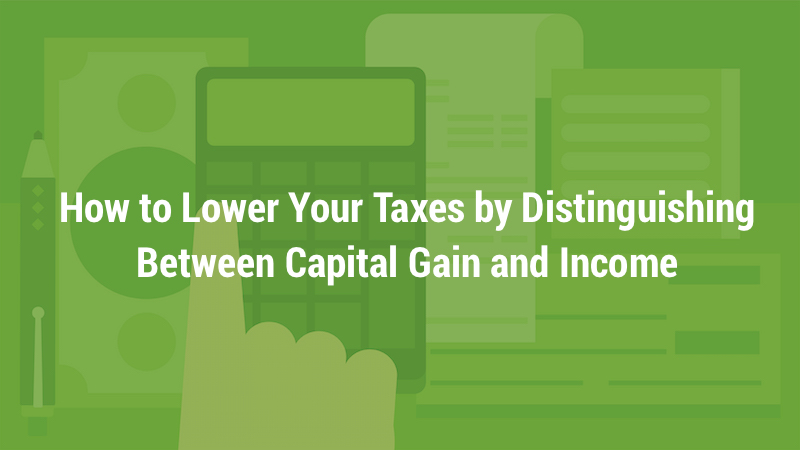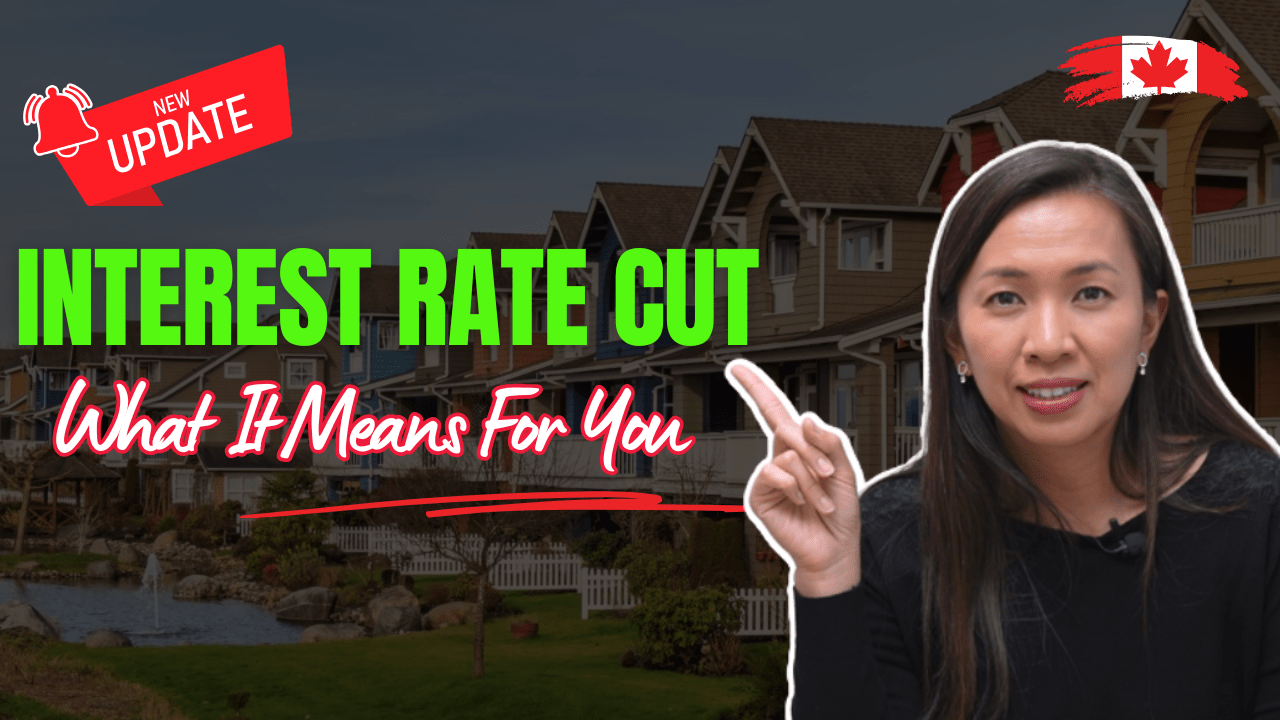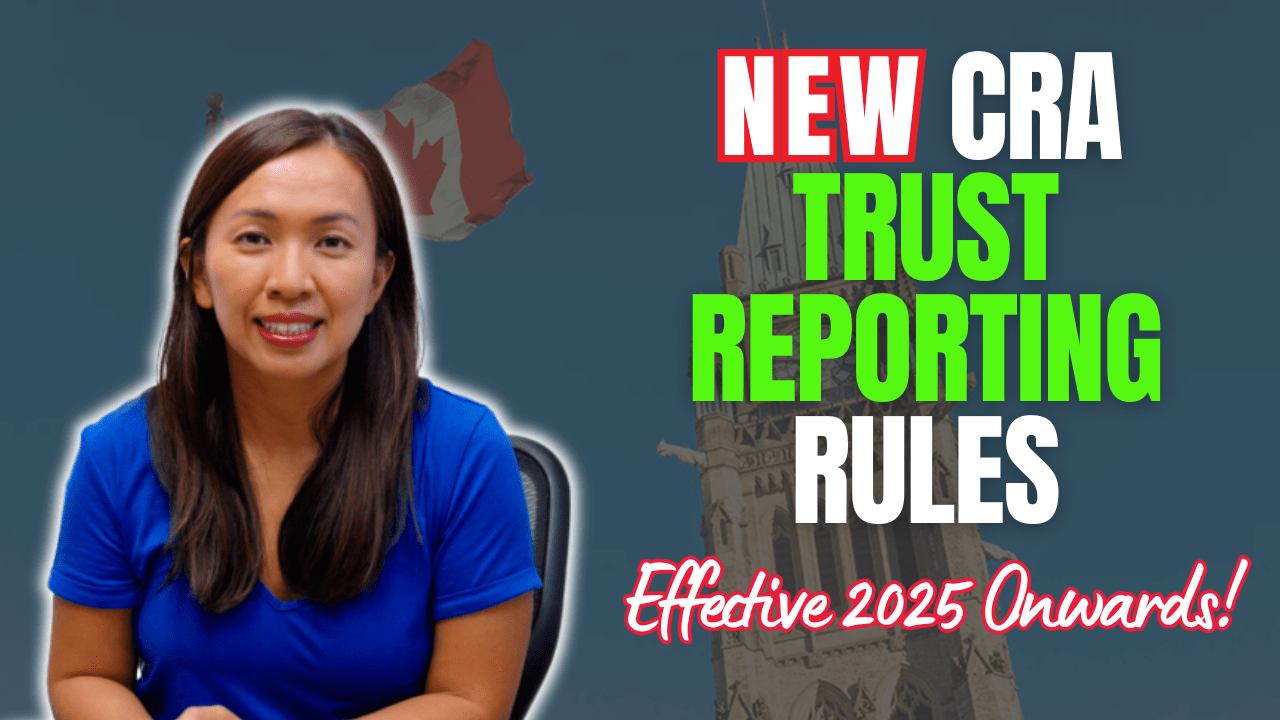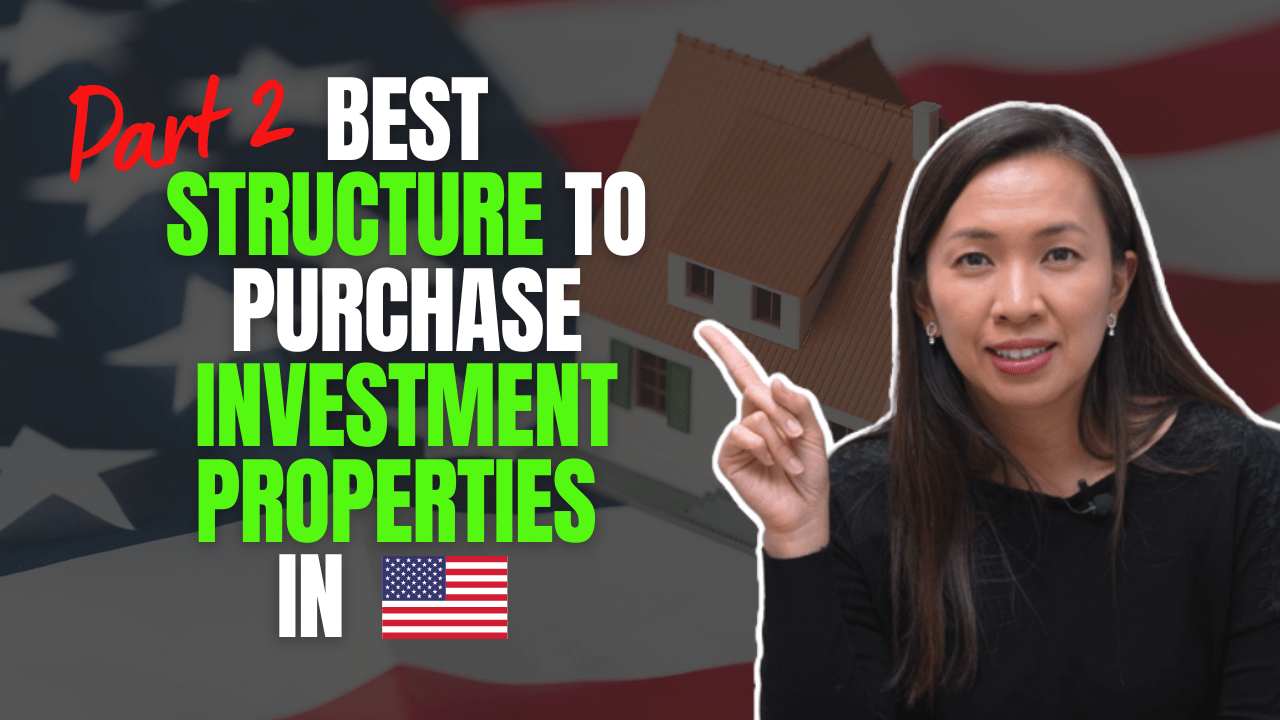
Over the years, I’ve met a few people that would be so concerned about paying taxes that they would not invest at all.
I also have a few people who put so much attention into deducting personal expenses even though they aren’t doing anything to make money at all.
I don’t get frustrated easily but these people get me irritated.
No doubt that it’s one of the most important things to understand the tax impact of investing and how to lower your tax bill.
It’s also true that the Tax Man is always in your pocket.
But most of the time, he’s only in your pocket when you have the money in it.
If you don’t have any money in it, he probably prefers to go after people who do.
Assuming that you are making money, tax is only a cost of doing business and making money.
Even at the highest marginal tax rate, you will still net $46 for every $100 before tax income you make.
It’s ridiculously high, but you are still ahead.
So don’t use the Tax Man as an excuse for not doing anything! Focus your energy on making money, we (as in accountants) will focus our energy to lower your taxes!
Let’s start by understanding the difference between income and capital.
Income is 100% taxable whereas capital gain is only 50% taxable.
If you earn $100,000 income personally, you are subject to $24,979 personal income tax.
If you earn $100,000 capital gain personally, only 50% is taxable. Therefore, $50,000 is taxable income and this results is roughly $9,000 tax liability (again, assuming that you don’t have any other income).
That’s a huge difference between the two.
Naturally, all taxpayers would like to argue that all income is capital and therefore paying less tax.
Many of us also understand that the salary we make is considered income. Business income generated from our business is considered income.
When we make money from investing in stock market or rental properties, such as when we gamble on when will silver go up, for example, we consider the transactions as capital in nature. Therefore, money made is only 50% taxable. We pay half of the taxes!
Wait, it’s actually not that simple!
If you trade stocks or properties like a business, the money you make can actually be considered income and therefore 100% taxable!
What determines whether the profit you make is considered income or capital?
“There is no criterion to determine with certainty whether a transaction leads to a capital gain or business income. Each situation is a specific case to be analyzed in light of the facts.
[10] Among the criteria developed by the case law, the following are of note:
- The nature of the property sold;
- The length of time the taxpayer was in possession as owner of the property;
- The frequency and number of operations carried out by the taxpayer;
- The improvements made by the taxpayer to the property;
- The circumstances surrounding the sale of the property; and
- The taxpayer’s intention at the time the property was acquired, as indicated by the taxpayer’s actions.
[11] In addition to these criteria, Canadian courts have developed the “secondary intention” criterion that may apply even when the taxpayer’s main intention has been established as making a long-term investment. This criterion applies if, at the time the property was acquired, the taxpayer had considered the possibility of selling the property for a profit if the long-term investment project could not be achieved for whatever reason.”
The taxpayer in this court case was a contractor who owned a renovating company. He acquired 3 buildings in 2003 to 2004 and sold all of them by 2005. He reported all the transactions as capital transactions, meaning all the gain was only 50% taxable.
The taxpayer acquired building 1 on May 8, 2003 and sold it January 20, 2004. No rental income was reported during the period.
He also acquired building 2 on March 20, 2002 and sold it April 8, 2005. He incurred some amount of expenses for repairs.
He acquired building 3 on May 14, 2004 and sold it May 9, 2005, reported the transaction as capital gain on his personal tax return.
Using these case facts, let’s look at the criteria one by one.
- The length of time the taxpayer was in possession as owner of the property;The shorter the period the ownership, the more likely that these transactions are considered trading for a profit and hence should be reported as income.The taxpayer owned Building 1 for 8 months and 14 days.
The taxpayer owned Building 2 for 3 years 19 days.
The taxpayer owned Building 3 for 11 months and 25 days.
For Building 1 and Building 3, the taxpayer owned both of them for less than a year. Arguably, for Building 2, the taxpayer could have kept the property for rental purpose given that the ownership period was much longer. The fact that the taxpayer only owns the properties for such a short period of time didn’t help him to argue that the transaction is on the capital account.
Duration of ownership is only one factor that the court looks at. To achieve a comprehensive conclusion, the judge is required to look at all factors as a whole.
- The nature of the property sold;The property is a real estate property. You can hold a real estate property as a capital property to collect rent. You can also purchase this property and sell it quick for a profit.For building 1 & building 3, no rental income was generated. For building 2, the court case did not mention whether there was rental income reported.
- The frequency and number of operations carried out by the taxpayer;Obviously, the more transactions of a similar nature are completed by the taxpayers, the more likely the transactions are considered income.
Between 1996 to 2005 inclusively, the taxpayer transacted on 7 buildings for profit. He carried out the maintenance and repair work himself on the building sold.In this particular case, the taxpayer’s trading history also didn’t help him to argue that he was selling the buildings for capital gain.
- The frequency and number of operations carried out by the taxpayer;Obviously, the more transactions of a similar nature are completed by the taxpayers, the more likely the transactions are considered income.
- The improvements made by the taxpayer to the property;Generally speaking, when someone has the trading intention for a profit, he is more likely to renovate and repair and “make it look nice” and sell it shortly after.Therefore, the court looks at the amount of improvements being made by the taxpayer to the property.
In this case, the taxpayer spent $14K repairs on building 1 that’s purchased at $142K. He spent $6K on building 2 that’s purchased for $90K.
The extent of the renovation was not discussed in the court case. In my opinion, the amount of renovation
- The circumstances surrounding the sale of the property;In this court case, during the initial interview, the taxpayer stated that his intention was to “sell it for profit”. He later changed his story at the court level that he intended to purchase the property as a rental to supplement his income when he retired. Due to the fact that these houses were in bad locations and could not be rented as expected, he decided to sell it.The statement changed in this case and it didn’t really help to prove that the taxpayer was trying to rent the property out but failed to do so.
- The taxpayer’s intention at the time the property was acquired, as indicated by the taxpayer’s actions.Intention is always subjective. For a taxpayer to prove his intention, evidence must be provided that is consistent with the taxpayer’s actions.Sometimes this evidence includes their family party pictures and monthly utility bills. Documentation really matters when you are trying to prove your intention.
As mentioned above, the taxpayer responded to CRA’s auditor’s enquiry by stating that his intention was to renovate it and sell it. This is the classic example of flipping a house for a quick profit.
The court analyzed all the case facts together with criteria and concluded that the taxpayers’ actions demonstrated his intention was to purchase the property for a quick profit. Hence, the court dismissed the appeal.
As a quick recap, flipping for a profit should almost always be considered as income.
Flipping, if done in your own name, is 100% taxable at your marginal tax rate. At the highest marginal tax rate 54% in Ontario, you will only keep 46% of the profit.
Flipping, if done inside the corporation, is active business income.
100% of the income is taxable, but only subject to 15%.
If you have a few rental properties that you receive rental income and report them on an annual basis, CRA generally treat the transactions as capital in nature. Sale of these properties are only 50% taxable.
Make sure you consult a professional accountant on your business before falling into the same trap as this taxpayer!
Until next time, happy Canadian Real Estate Investing.
Cherry Chan, CPA, CA
Your Real Estate Accountant





